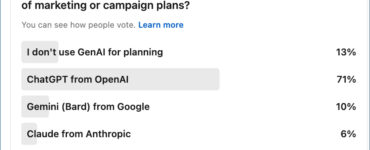EAT is a key component in Google’s Search quality ratings. Google contracts over 10,000 search quality raters worldwide to evaluate its search results. Raters are given actual searches to conduct, drawn from real searches that happen on Google. They then rate the quality of pages that appear in the top results — hence the “quality rater” name. Factors that are considered include:
- The purpose of the page
- Expertise, authority, and trustworthiness – not just from the site and the page content, but expertise from the individual creator of the content too.
- Content quality and amount
- Website info and info about the content creator
- Website reputation and content creator reputation
We recommend specialists consult these which Google now makes available here – Google Search Quality Ratings: The search quality ratings are important since they indicate the ranking factors Google considers important and includes in its algorithms and since some sites including yours, may get a manual quality check. A key concept revealed by Google is EAT. Here is Google’s explanation:
3.2 Expertise, Authoritativeness, and Trustworthiness (E-A-T)
Remember that the first step of PQ rating is to understand the true purpose of the page. Websites or pages without some sort of beneficial purpose, including pages that are created with no attempt to help users, or pages that potentially spread hate, cause harm, or misinform or deceive users, should receive the Lowest rating.
For all other pages that have a beneficial purpose, the amount of expertise, authoritativeness, and trustworthiness (E-A-T) is very important. Please consider:
- The expertise of the creator of the MC.
- The authoritativeness of the creator of the MC, the MC itself, and the website.
- The trustworthiness of the creator of the MC, the MC itself, and the website.
Passle also a succinct summary of the EAT SEO quality guidelines.






